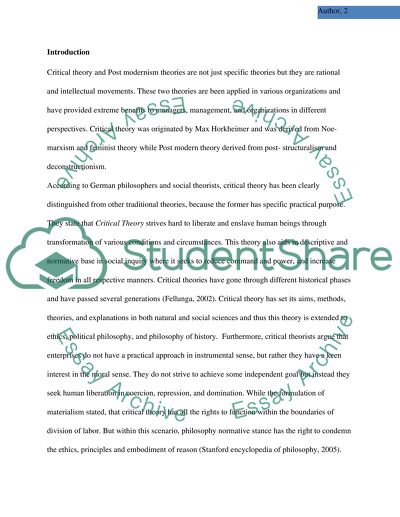Cite this document
(“Critical and Post-Modern Organization Theory Essay”, n.d.)
Critical and Post-Modern Organization Theory Essay. Retrieved from https://studentshare.org/miscellaneous/1564903-critical-and-post-modern-organization-theory
Critical and Post-Modern Organization Theory Essay. Retrieved from https://studentshare.org/miscellaneous/1564903-critical-and-post-modern-organization-theory
(Critical and Post-Modern Organization Theory Essay)
Critical and Post-Modern Organization Theory Essay. https://studentshare.org/miscellaneous/1564903-critical-and-post-modern-organization-theory.
Critical and Post-Modern Organization Theory Essay. https://studentshare.org/miscellaneous/1564903-critical-and-post-modern-organization-theory.
“Critical and Post-Modern Organization Theory Essay”, n.d. https://studentshare.org/miscellaneous/1564903-critical-and-post-modern-organization-theory.


